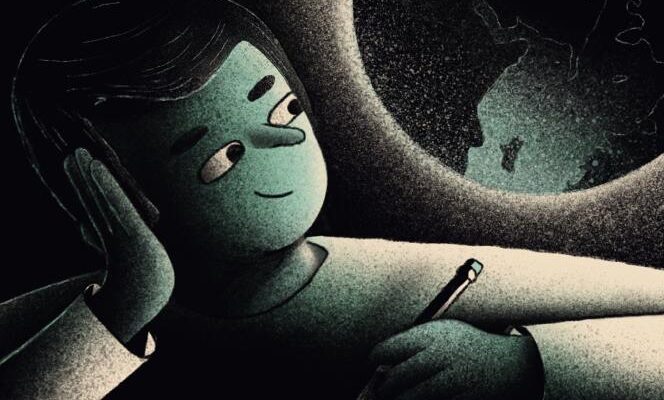In June 8, in Annecy, a man enters a park where, like every day, young children are walking and playing. He stabs four of them. An unthinkable scene, which seems to come out of a nightmare and which, immediately relayed by the media, plunges all parents into fear: how not to think that a similar horror could also fall, one day, on one’s own family? ?
In addition, this news confronts parents with the question that arises each time misfortune strikes the family circle, or the world around it: should we talk about it to children? A question that does not worry them too much when they have reached adolescence, but which disturbs them, rightly, when they are younger.
Why is this question confusing for parents?
Violence, assaults, murders, rapes are a dimension of the world that parents know how much it upsets them, even though they are adults.
From there, those who love their children, who want to see them happy, and who dream for them of a protected and harmonious universe, can have only one desire: to keep them as far away as possible from this field of the horror. To think that they might discover its existence is intolerable to them and, moreover, awakens, in some parents, the memory of shocks experienced in their own childhood, due to traumatic news. Shocks which they have the feeling – very often justified – that they have shattered part of this childhood.
Therefore, how could they consider telling their children about an attack like that of Annecy, whose victims are more or less their age? How could they not imagine their reaction to their world suddenly becoming disturbing, dangerous: “So in the square where I meet my friends, there could also be a mean man with a knife? » What sane parent would want their son or daughter to think that? The answer is clear: none.
Parents’ desire to hide violent information from their children is therefore legitimate and normal. But it is up to practitioners to teach them what working with children teaches: hiding difficult realities from them is not possible and, moreover, does not protect them, quite the contrary.
Why shouldn’t we hide the reality?
Hiding information from children is, in our time, almost impossible, because, even if we silence the house, radio and television, the news, at the time of hyperconnection, is spreading everywhere. The child can therefore learn what we would like to hide from him both at school and in the street, transport or shops, where everyone talks about it. And even in the square, where the nannies and the parents talk, convinced, very often, that the child occupied with his games does not care about what they say, or does not understand it.
You have 61.52% of this article left to read. The following is for subscribers only.
